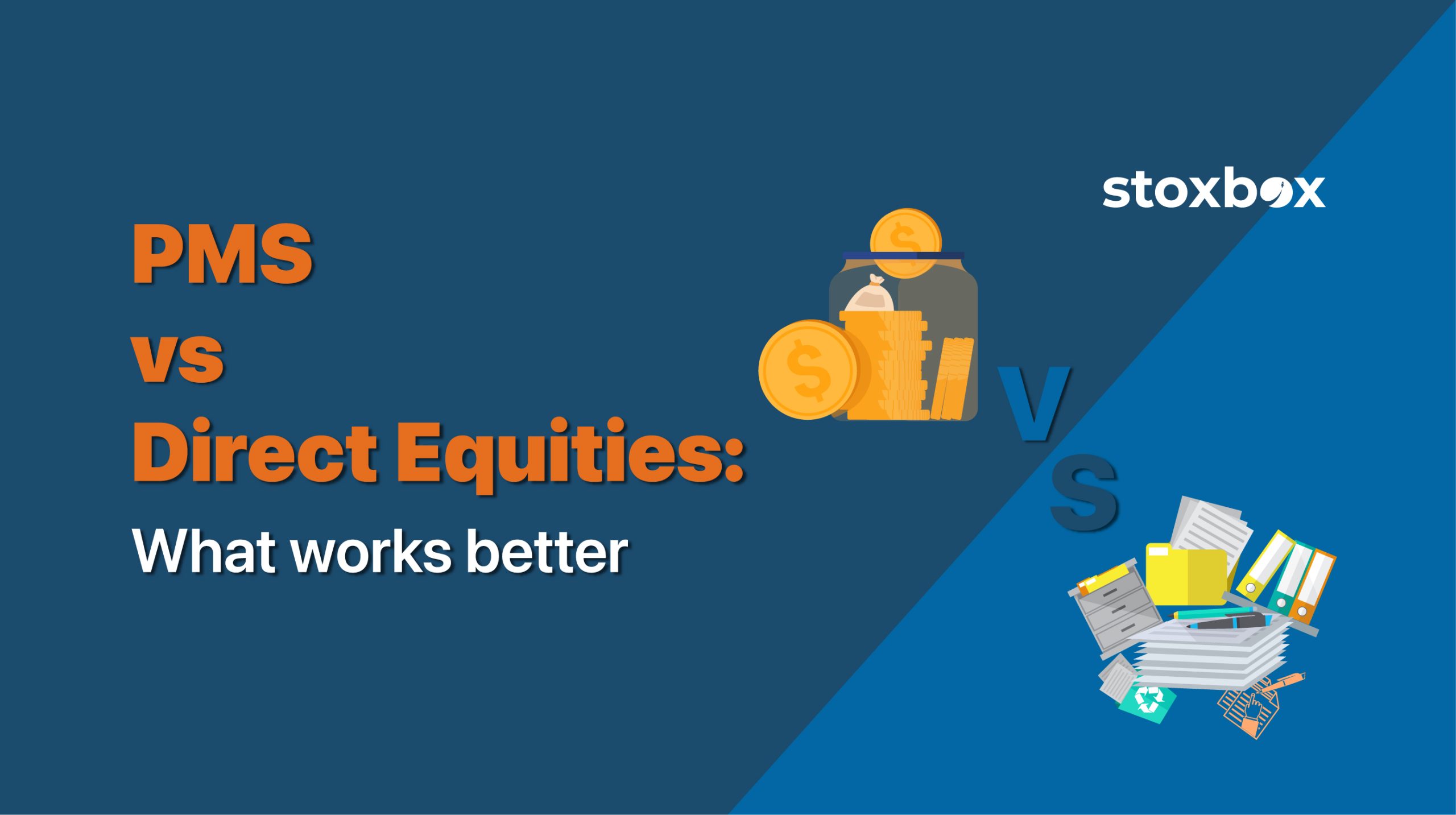As an investor, you are truly spoilt for choice. You have a range of investment options to choose from, each falling along different points of the risk-return spectrum. This means that for every level of risk-return, you will have an investment option. Inarguably, for those investors who are able to take some degree of risk and have a long-term investment horizon, equities can be a great vehicle of wealth creation. On the flip side, direct equity investing is not easy for the following reasons:
- Equity prices are volatile in the short-term. This volatility can cause fear and lead you to make emotional, and often suboptimal, investment decisions.
- Choosing the right stocks can be very challenging. It requires a great deal of research into sector and company fundamentals, which is not easy for someone who is not an expert research analyst or does not have the time to follow market developments closely.
- How to buy and when to buy are two questions with which most market participants struggle. Unfortunately, there is no easy answer.
Or, is there?
Portfolio Management Services (PMS) can pack the power of equities while minimising the challenges associated with directly investing in equities.
PMS is simply a service offered by professional money managers to discerning investors who want to invest in equities but also want tailored solutions that can meet their specific objectives. The way a PMS works is fairly straightforward. The PMS provider invests directly in equities based on certain themes and ideas. The securities bought by the PMS fund manager are directly credited to your demat account. In that sense, a PMS is absolutely transparent as you always know what securities are in your portfolio. Unlike the mutual fund platform, in the case of PMS, the assets of investors are not pooled into one large fund. Instead, each investors’ account is maintained independently and separately. The best part is that since each portfolio belongs to an individual, cash flows in one investor’s account have no impact on the returns of another investor’s account.
In the case of PMS, the fund manager does the research, chooses the investment security, and then makes the investment. From that perspective, PMS can either be discretionary or non-discretionary. In the case of a discretionary PMS, your funds will be entirely managed by the portfolio manager. Thus, all investment decisions ranging from stock selection and execution to rebalancing are managed by the portfolio manager. On the other hand, in the case of non-discretionary PMS, the role of the portfolio manager is more consultative in nature. The manager suggests investment ideas while the decision to execute/invest solely lies with the client. Both approaches provide a significant advantage over direct equity investing since the research legwork is done by the portfolio manager.
Investing directly in equities can be thrilling and many people want to take that leap. However, through PMS you can reap the benefits of equity investing while dealing with some of the related challenges
Frequently Asked Questions
What is the primary difference between Portfolio Management Services (PMS) and direct equity investments?
PMS provides professional management of a portfolio for investors, while direct equity involves the investor personally selecting and managing individual stocks.
Who should opt for PMS over direct equity investments?
PMS is ideal for high-net-worth individuals (HNIs) seeking personalized portfolio management and professional expertise, whereas direct equity suits investors confident in their ability to research and manage investments.
What are the cost differences between PMS and direct equity investments?
PMS generally involves management fees, performance-based fees, and additional charges, while direct equity primarily incurs brokerage fees and transaction costs.
Are there any minimum investment requirements for PMS?
Yes, PMS typically has a minimum investment requirement, which in India is ₹50 lakh as per SEBI regulations, whereas direct equity has no such minimum threshold.
Which offers better returns: PMS or direct equity investments?
Returns depend on market performance and the expertise of the fund manager in PMS or the investor’s own ability in direct equity. PMS may offer more consistent returns due to professional management.
What level of control does an investor have in PMS versus direct equity?
In PMS, the fund manager makes investment decisions on behalf of the investor, while in direct equity, the investor has complete control over stock selection and transactions.
How does tax treatment differ between PMS and direct equity investments?
PMS transactions are treated as capital gains for tax purposes, similar to direct equity, but the complexity of tax filing may increase with PMS due to frequent trades managed by the portfolio manager.
You might also Like.
No posts found!

